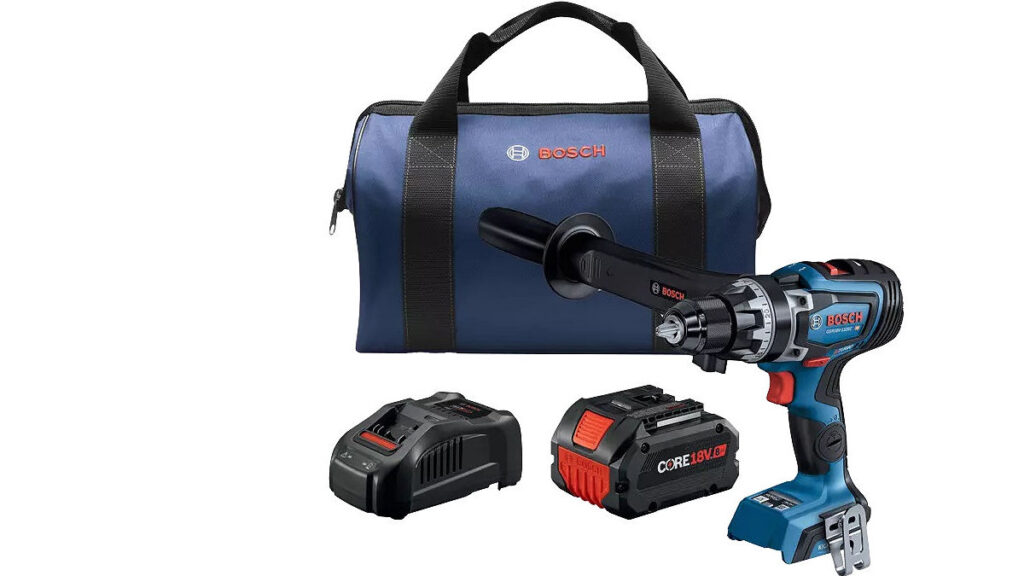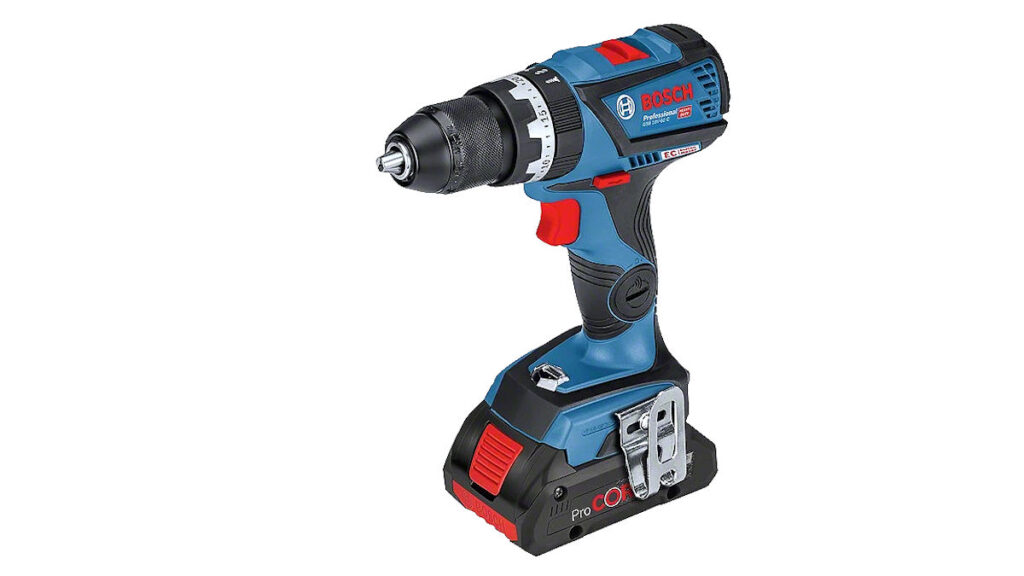Do Some Drill Brands Perform Better Regardless of Similar Specifications?
At an external CCTV installation recently, I noticed a workmate’s drill was more capable of getting through metal mounting poles than mine – so much so that I put my drill down and used his. Do some drill brands perform better at some jobs, even though they are rated the same?
A: Drilling into heavy metal gauges is one of the toughest jobs an installer can undertake with a hand tool. It requires good technique and hardened drill bits. Speed is less of an issue when drilling metal – slower is better.
Getting fastenings into metal can be rugged, too. You need to be sure fixings are correctly sized for the hole/s you’re drilling before you start your fastening. Get this wrong and you’ll bind the fixing in the hole/s, snap the fixing and ruin the drill hole, or strip the fixing head and ruin the hole.
Sometimes, mistakes might happen when you’ve been drilling timber or masonry, which are less punishing on undersized holes. You might instinctively drill a hole that’s too small for fixings in metal when the same hole would be fine in softer timber.
That said, do some drill brands handle the fastening job better, all other things being equal – voltage, torque numbers, bit choice and technique. We’d agree that variation between brands is a real thing, though it’s possible the drills compared have subtle variations that are contributing to enhanced performance.
Of the 18V handheld drills we regularly use, the one that performs best in tough fastening jobs out of Makita, Ozito, Milwaukee and Bosch is Bosch. There’s no clear reason for this – specs are similar, battery packs are similar in size, and the effect remains observable when each is fully charged.
Torque numbers between these devices are about the same, and drill settings are similar for clutch and speed. The difference is most notable between Ozito and Bosch.
The Bosch drill, which isn’t new, simply delivers significantly more twist when getting fixings into a composite attachment point of hardwood and metal. You notice this when the fastening is nearly in and friction is at its greatest.
Something to note, the Bosch drill is a little heavier, which suggests a bigger motor, or a higher quality motor with thicker windings or more windings, though torque numbers are roughly the same.
There are times you don’t need additional performance – there’s a also a value to be placed on lighter weight and lower cost. The only way to verify such findings is to find dependable online comparisons or to line up a bunch of mates with different hardware and tackle the same jobs to see which tool does them best.
We rate the service at Sydney Tools – you can find out more about their drills here or read more SEN news here.
“Do Some Drill Brands Perform Better Regardless of Similar Specifications?”











